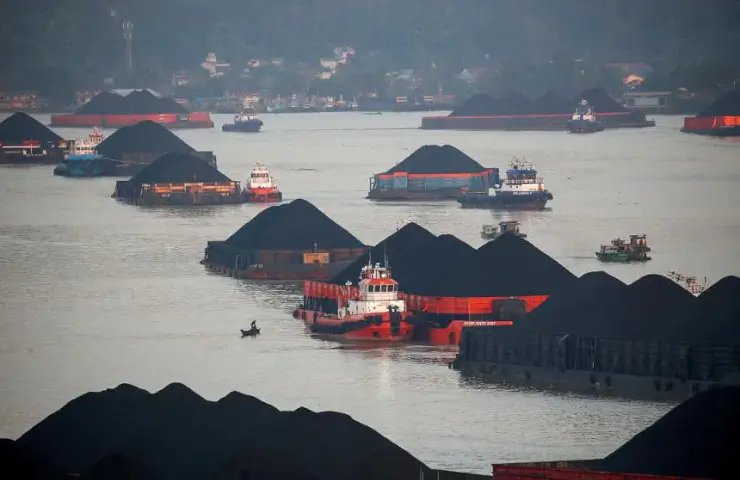The Indonesian government has once again delayed the start of its carbon tax, due by July 1st, citing the global risks associated with Russia's military operation in Ukraine.
This is the second time the new tax scheme has been delayed. The tax was originally supposed to start in April of this year, but was postponed to July due to ancillary rules that were not agreed with the government.
There is currently no set target date for the implementation of the carbon tax scheme. But Indonesia's finance ministry said the government wants the new tax scheme to be operational in time for the country's G20 summit in November. By doing so, Indonesia can showcase this as an example of implementing carbon taxation schemes in developing countries, the report said.
The latest delay was due to the emergence of global risks this year, the Treasury Department said. It added that the government's main focus is on protecting the national economy from global risks, such as rising global food and energy prices after Russia's invasion of Ukraine, which contributed to an increase in domestic inflation.
The ministry said the postponement of the introduction of the carbon tax scheme would give the relevant departments more time to resolve any issues regarding the implementation of the rules and regulations needed for the new tax scheme. The process of improving the subsidiary rules is taking into account all related aspects, including the development of carbon markets, the achievement of Nationally Determined Contributions (NDC) targets, sector readiness and economic conditions.
Indonesia's carbon tax scheme is part of a national government tax overhaul that was passed last year. It is aimed at individuals and corporations that buy carbon-containing goods or engage in activities that result in carbon emissions, with coal-fired energy being the first industry to which the new scheme will apply. Coal plants under the system will have to pay just over US$2 per tonne of carbon dioxide equivalent for emissions in excess of the cap.




